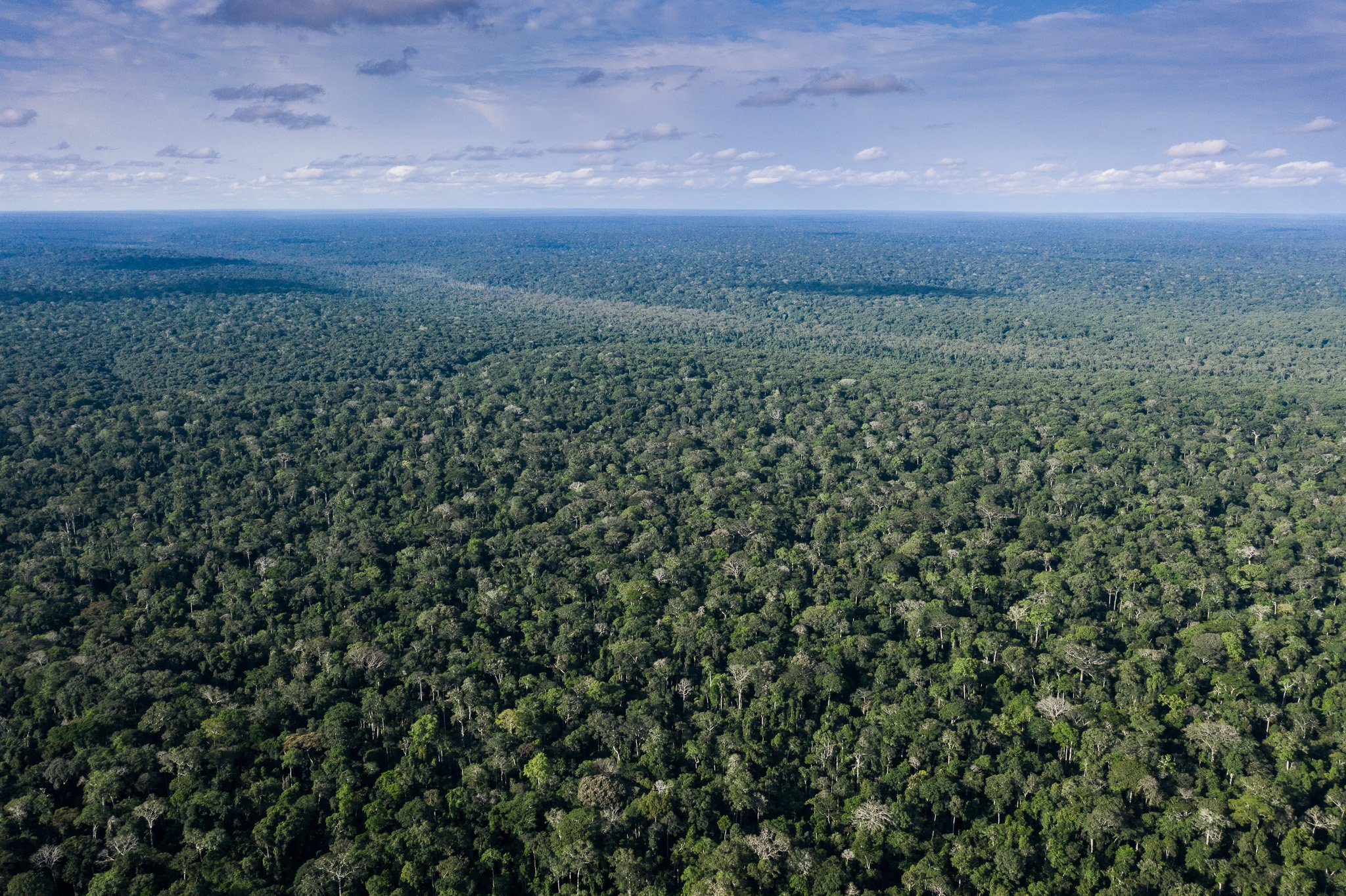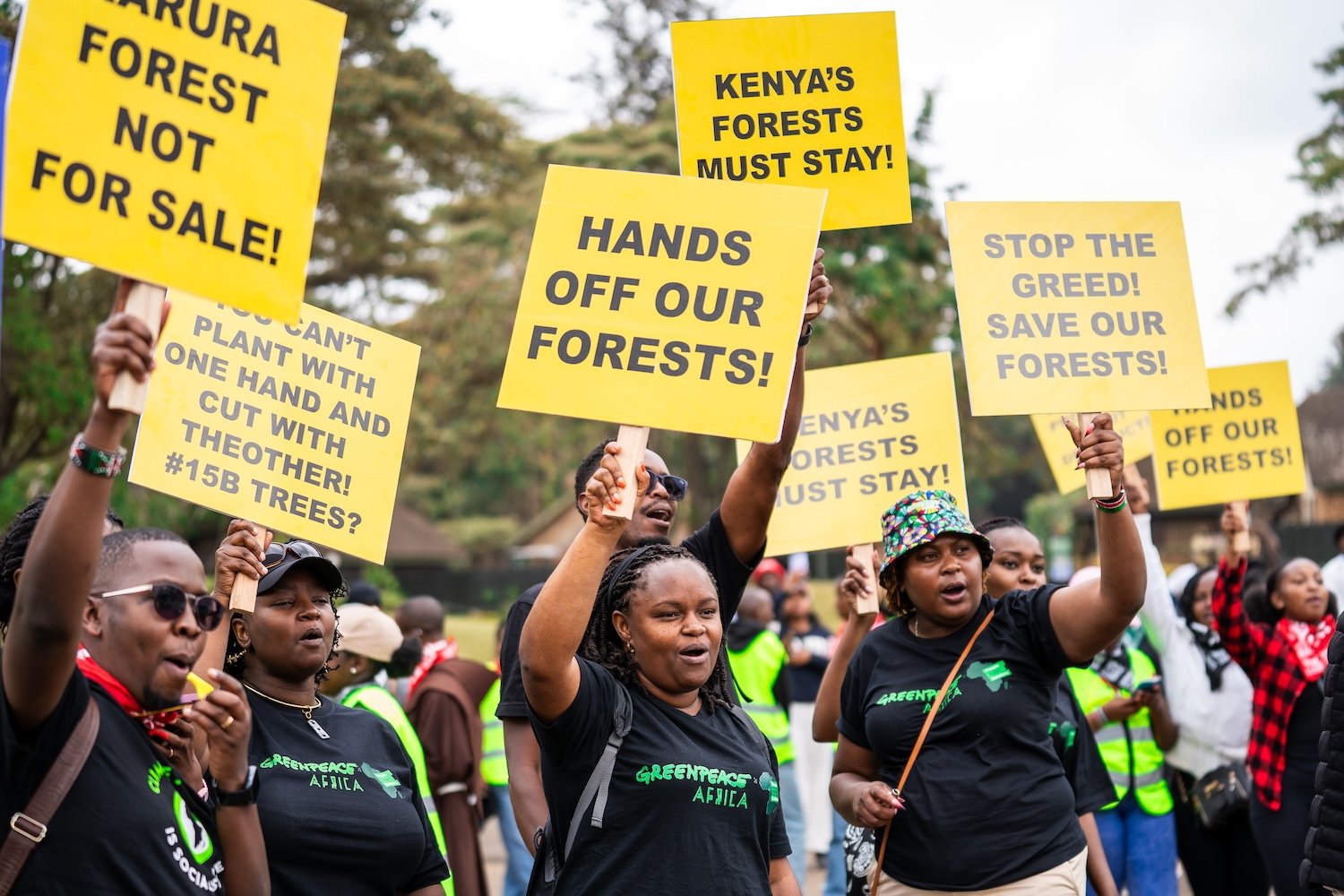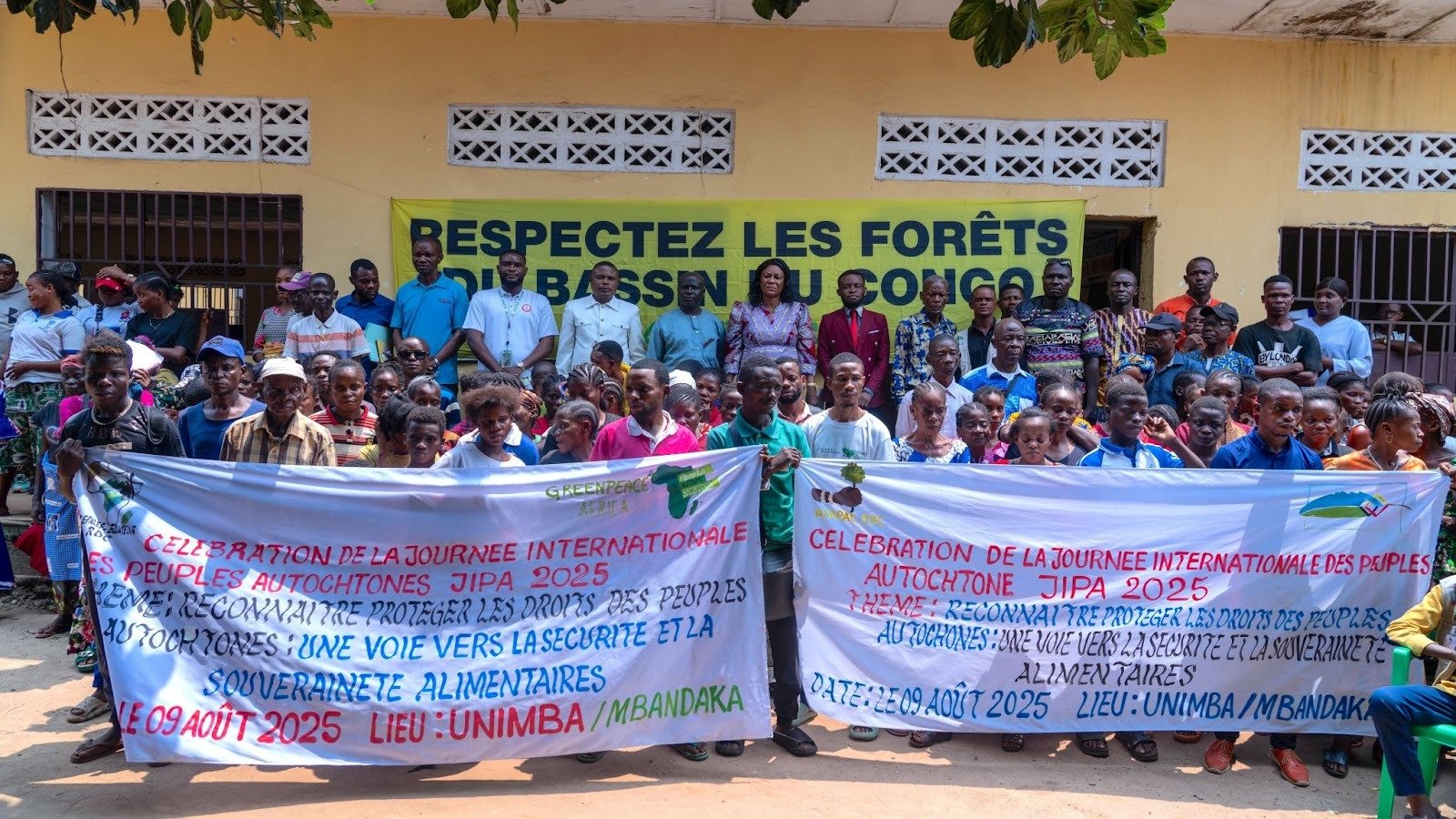In a 27 July opinion piece on Bloomberg, Mihir Sharma argues that “To Save the Planet, Poor Nations Need to Get Paid.” He states that the Democratic Republic of Congo (DRC) should “benefit from oil production along with producers in the Middle East, Russia and the United States,” and calls environmental organisations’ outrage “absurdly hypocritical” and “impractical.”
As a Congolese citizen, I think what’s absurd is the idea that we should continue waving a begging bowl at old colonial masters to make environmental protection possible in our country. Protecting our forest isn’t a favour done for those worrying in Brussels, Beijing, Washington or Sydney about the world’s carbon sinks. Our rainforest is home to my fellow Congolese, providing food, fresh water and shelter to millions. It provides 50 percent of rainfall to all of sub-saharan Africa, which already faces severe droughts, extreme heat, floods and soaring food prices. Protecting the Congo’s rainforest means first and foremost protecting ourselves.
Exploring for oil and gas is doing the opposite. Potentially impacted Congolese communities my Greenpeace Africa colleagues met last month haven’t seen the academic literature about the “resource curse” (it’s unclear whether Mr. Sharma has either). Yet many of them pledge to oppose handing over their land to oil companies. They know that the local spoils of the oil industry would only reach a small circle of beneficiaries in Kinshasa, leaving for villagers pollution and destruction of their sources of livelihood.
Mr. Sharma refers to “the world’s dismay” at the auction, but, in reality, world leaders shouldn’t be dismayed by it at all. Last November, DRC’s donors decided to green light it. The $500 million Letter of Intent the Central African Forest Initiative (CAFI) signed at COP26 contains only the usual pro-oil verbiage about seeking “appropriate measures of prevention or mitigation” – “if not compensat[ion]” – of damage caused by future oil drilling in the country’s forests.
Counting on rich countries to cough up money to pull Congo out of poverty and “save the planet” is a pipe dream. As Mr. Sharma says, let’s get real. Rich countries are doing pathetically little against climate change even at home. They also fail to pay the annual USD 100bn to poor countries they’ve pledged to help them adapt to climate change.
There are far better ways to increase revenues in DRC. Mr. Sharma shows his cards when he writes “whether autocrats or democrats… leaders will always focus on the immediate needs of their citizens.” Hello? Ending impunity for officials who have plundered our country could save us billions. Rewarding high-level corruption with payments meant to trickle down – Mr. Sharma’s recipe – means keeping people poor. Increasing investments in decentralised, clean and renewable energy would create more local jobs than oil and gas could ever generate. It would also bring electricity to tens of millions of Congolese who live without it (note that in Nigeria, Africa’s main oil producer, only 55% of the population has any access to electricity). There are multiple paths to lift Congolese people out of poverty – selling fossil fuels to rich countries or begging them for charity aren’t leading there.



